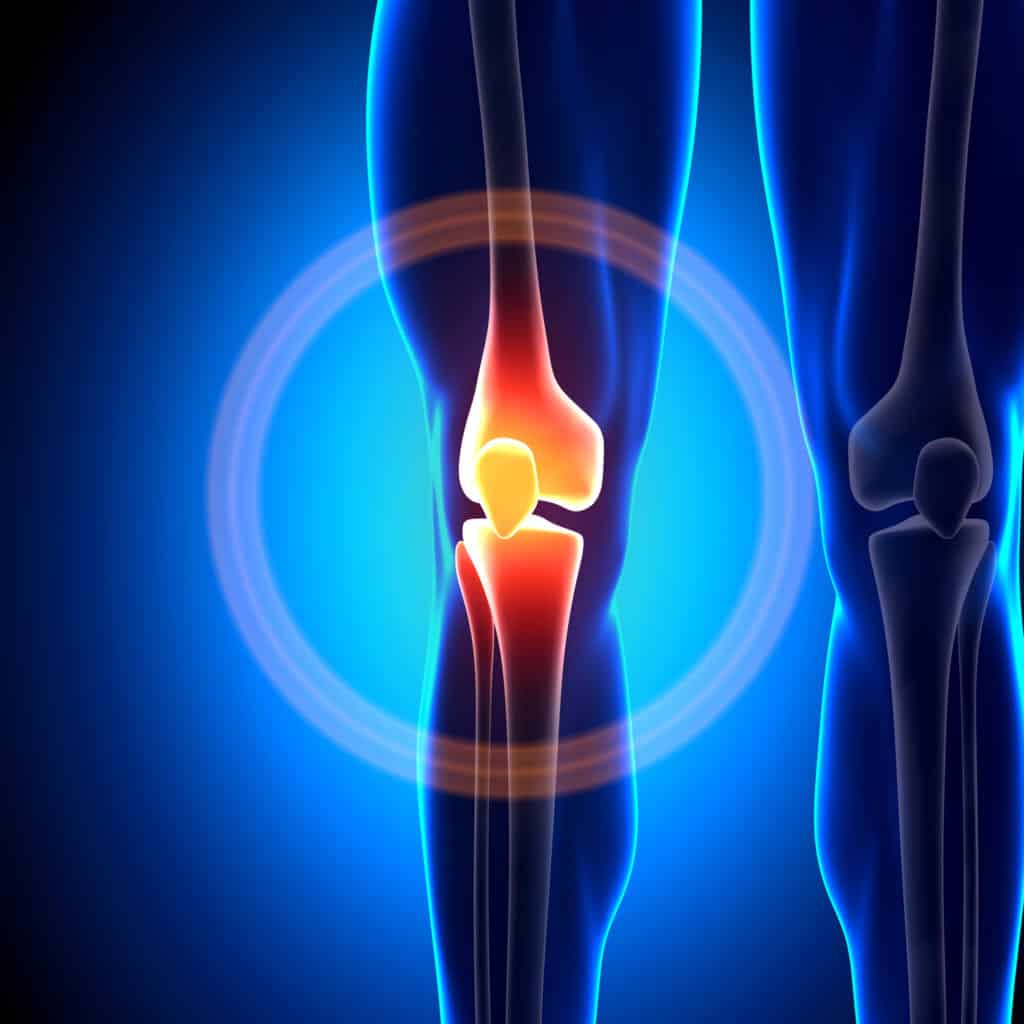
Our clients come with this question all the time. They usually feel nervous and fearful that the noises they hear may indicate something more serious is going on within the joint. Is there damage occuring whenever they hear this sound?
Do they need to avoid activities that provoke those symptoms? Will you need to rely on pain pills and surgeries in order to maintain your mobility if your joints deteriorate?
Crepitus refers to these clicking, popping, and creaking sounds that a large portion of the population experience on a regular basis.
The phenomenon can occur at any joint, but is most commonly reported in the knees, shoulders, ankles, hips and spine.
Although these noises often don’t produce any pain, they can cause anxiety. Individuals start to develop their own beliefs about what is going on and ultimately alter their behavior to avoid these cracking or popping sensations.
So, What Causes This Knee Clicking With Bending, Squatting, or Walking?
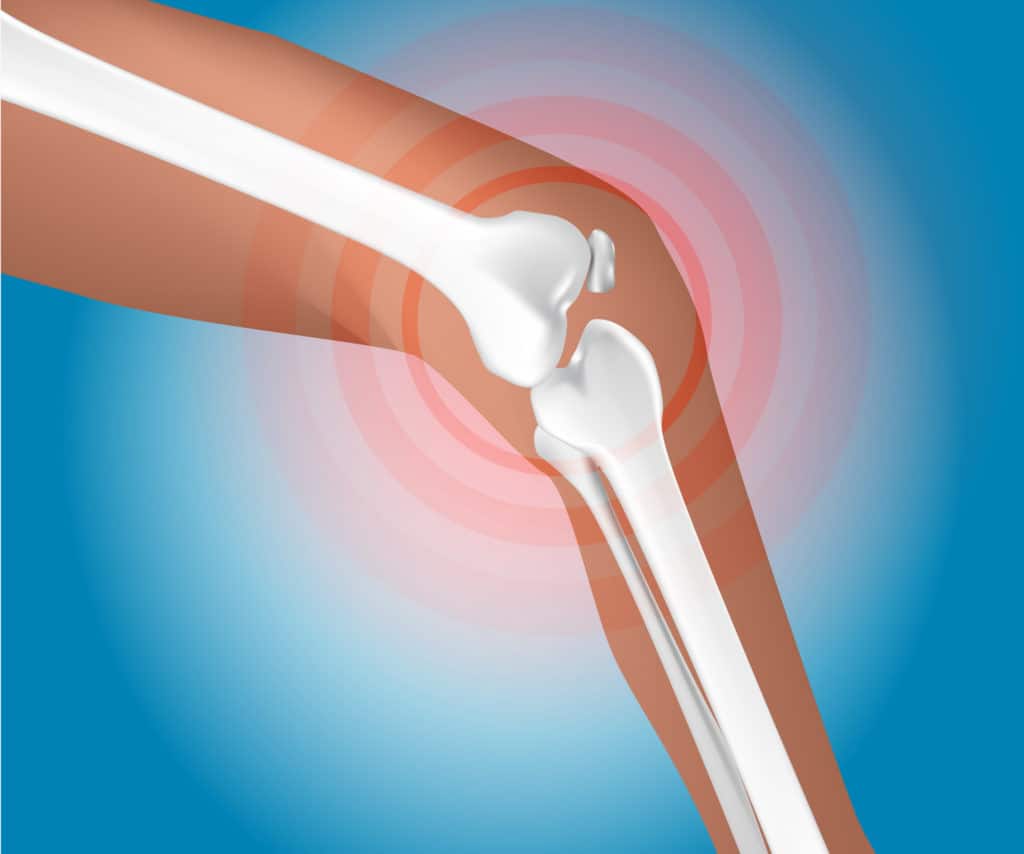
Many structural factors can contribute to joint noises. Some common ones are:
Tendons that are rubbing along bony prominences (bumps on the bone). You may experience this as a clicking or snapping sensation when you are walking or with a deep bend.
Nitrogen bubbles popping due to pressure changes in the joint. This is much like what happens when you “pop your knuckles”
Small labral or meniscus tears that get caught or pinched as we move. These micro-tears can build up over time to increase the knee clicking with movement.
A knee cap that is not tracking correctly. The knee cap is supposed to travel in a particular groove on the femur (thigh bone). When it is not tracking correctly, this can cause clicking, popping, or creaking noises.
However, we don’t have the luxury of utilizing x-ray goggles during our examination. This means we do specific tests to “listen” to your body and what it is telling us.
What we know is your body will give us the clues we need to make an accurate diagnosis. This will help us to create a specific plan to eliminate the knee clicking and help you reach your goals.
And, what we do know is the knee clicking is not highly concerning as long as they aren’t associated with pain or swelling in the affected joint.
How Do I Know If My Knee Cap Is Tracking Correctly?
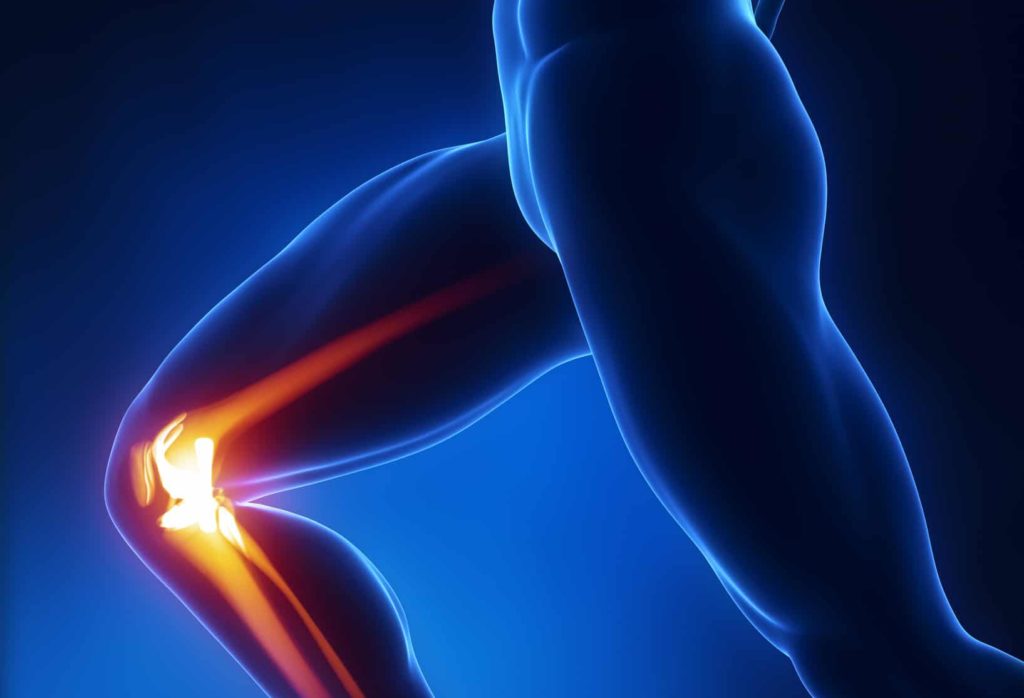
Many people who come to work with us don’t realize that their knee cap is not moving or “tracking” correctly. There is a simple test that you can do at home to give you some clues. Start by sitting on a firm chair with both feet planted underneath your knees.
Then straighten one leg out in front of you while you rest your hand on your knee cap. Don’t push your kneecap down as that will be painful! Simply feel how the knee cap is moving and if you can feel any crepitus in your knee.
Crepitus feels like crunching that is happening underneath your hand. You may also hear the joint noise while you are performing this movement. If you feel any crepitus or hear any joint noise, chances are that your knee cap is not moving correctly.
To correct this you would need to have a Physical Therapist who specializes in movement analysis perform an assessment. You need to understand the root of this movement dysfunction in order to know the plan to correct it.
If you are interested in hearing more about how we do this at Physical Therapy for everyBODY, then I encourage you to start with a Free Discovery Visit.
Discovery Visits are great for people who want to talk with a specialist about what might be causing their problem, and we’ll figure out what the next best steps are. Simply fill out this form and we’ll contact you to get it set up.
How Can I Prevent This From Getting Worse?
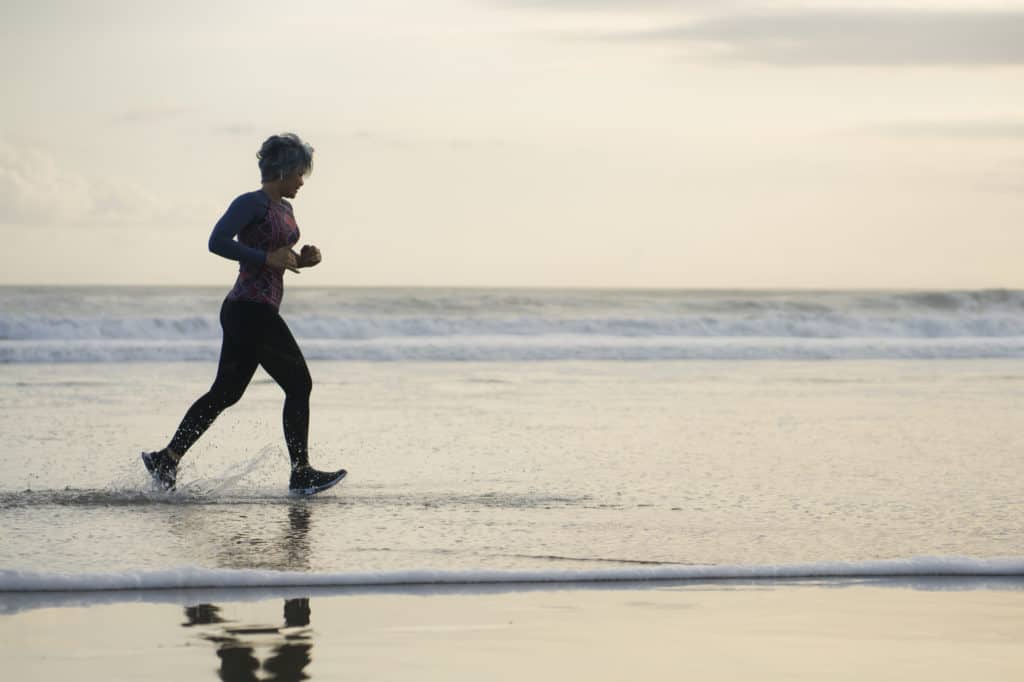
The best way to prevent these symptoms is to keep moving! Movement is life! Regular movement throughout the day allows our joints to lubricate themselves, kind of like applying WD-40 to a creaky door hinge. Additionally, it’s important to keep the muscles surrounding your knees strong and balanced. This helps to offload the forces through the joint, which limits typical wear and tear on the cartilage and bony structures.
And, keep flexible! If your knee is not able to move through is complete arc of motion then you’re not getting the lubrication you need. We see many patients who have lost the motion needed to keep their knees healthy in the long term. Simple stretches done daily go a long way to keeping your muscles and joints flexible.
What if I am noticing pain or inflammation in the joint that is clicking?
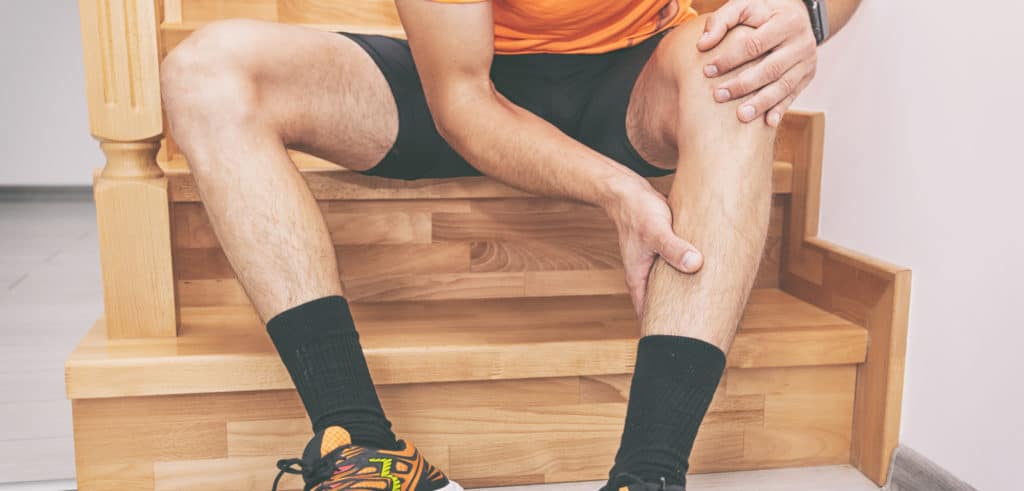
If you have a specifically noisy joint that’s also painful or swollen, it’s best to come in for a formal examination with a Physical Therapist – ideally someone who specializes in movement mechanics. We train you in correct, healthy movements that relieve your body of pain in the short term AND protects you from further damage in the long term.
If finding the solution to your problem is something you’re interested in, you can come in for a Free Discovery Visit at our practice in Maple Valley, WA. All you have to do is fill out this brief form and we’ll contact you.
Discovery Visits are great for people who want to talk with a specialist about what might be causing their problem, and we’ll figure out what the next best steps are. Our goal is to give you all the information you need so that you can make the best decision for your health – without any obligation or commitment.
We also know that not everyone is ready to commit to regular physical therapy appointment and that’s why we have a Free Webinar on knee pain and clicking. This webinar can be accessed by filling out this form and selecting “knee” from the drop down menu.
You will be asked to confirm your email and that you requested this information. Once confirmed, the webinar will be sent directly to you. We know it’s confusing out there with all the information floating around Google and Facebook, and this is a valuable first step towards getting some answers for your problem.
We hope this article was helpful if you are suffering from knee clicking or popping with any form of movement. Funny noises coming from your knees can be anxiety producing and limit activity. If you or someone you know is limiting their activities due to concerns about knee clicking then we encourage you to contact us.



